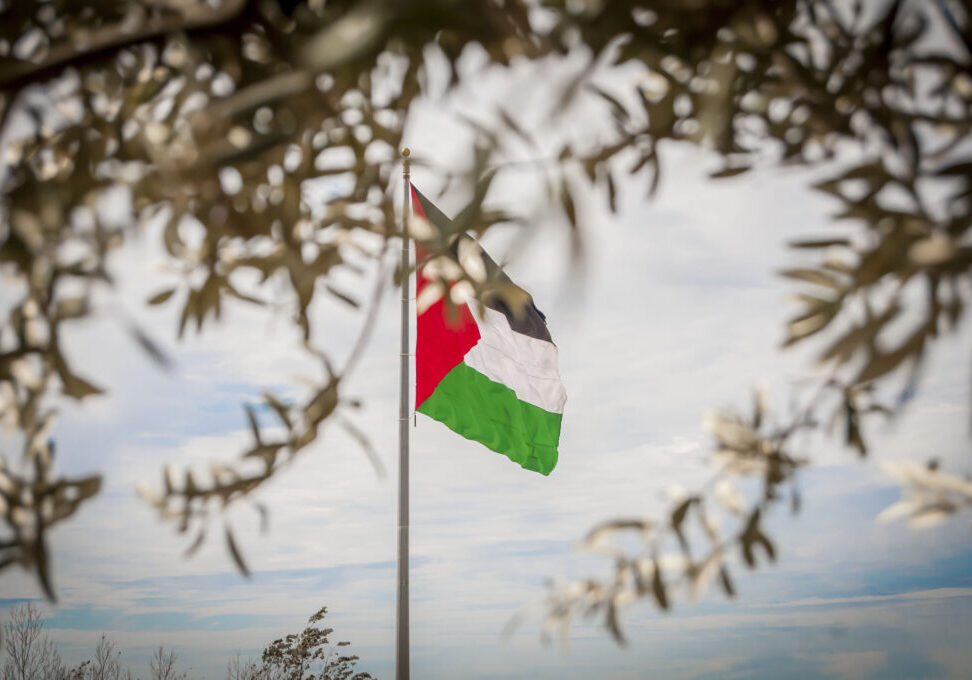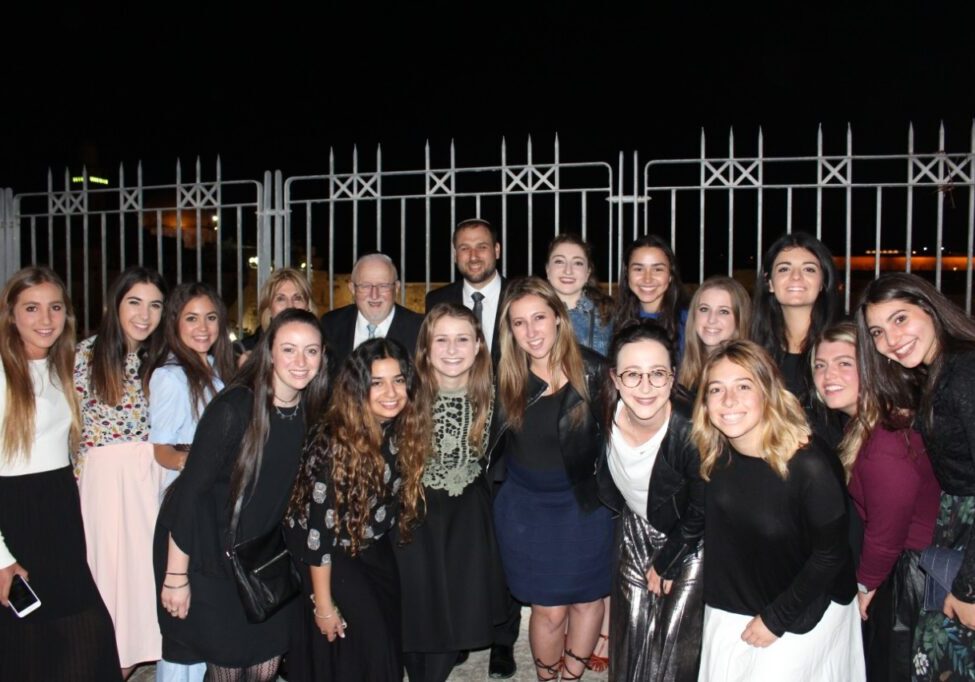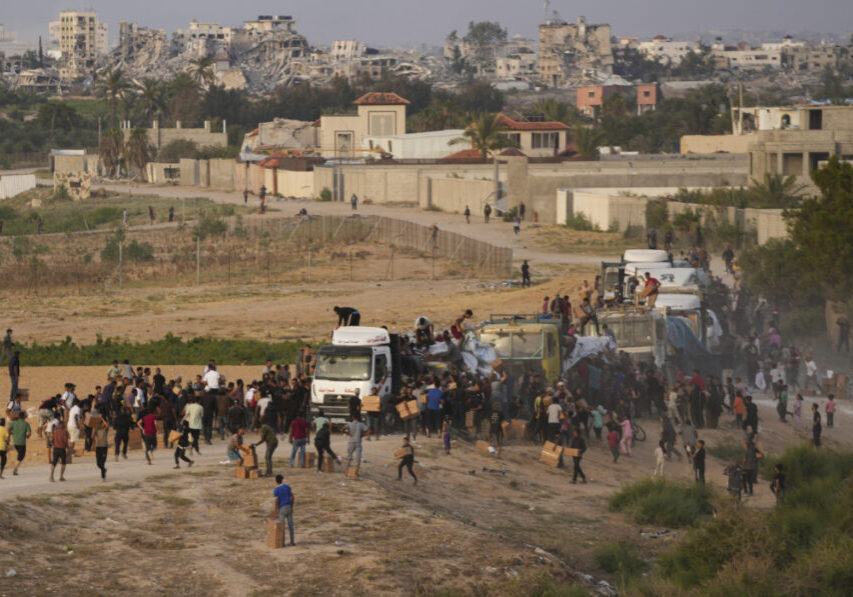Australia/Israel Review
Media Microscope: Cheers and Jeers for Israel’s 75th
May 25, 2023 | Allon Lee

Coverage of Israel’s 75th anniversary was punctuated by both the ongoing protests against the Netanyahu Government’s controversial judicial reforms and the intractable conflict with the Palestinians.
On the Spectator Australia website (April 26), columnist Stephen Daisley, who is not Jewish, opined, “while Israel is a necessity, that is not all it is. Zionism is not only sovereignty for the sake of security but sovereignty for the sake of sovereignty. It is an assertion and realisation of Jewish national rights in the Jewish national homeland. When someone [migrates there] today, it is more likely because they feel or seek a connection to Israel than it is because they are fleeing persecution… Israeli independence, as it reaches 75 years, is still a miraculous application of a mundane idea: Jewish self-determination.”
In the Daily Telegraph (April 28), AIJAC’s Colin Rubenstein said Israel’s “economic, cultural, defence and technological achievements… are so remarkable as to be almost miraculous. The Economist ranked Israel as the fourth most successful economy among OECD countries in 2022. Simultaneously, the UN’s Sustainable Development Solutions Network has rated Israel as the fourth happiest country in the world in its 2023 survey. Another number adds to the picture of a society that is both unique and uniquely successful – Israel’s fertility rate. Israeli women have an average of 2.9 children each, by far the highest number in the OECD.”
More equivocal was UK Sunday Times special correspondent Josh Glancy’s op-ed on the Australian website (April 30), which said, “Israel… [i]s one of the most astonishing achievements of the modern age,” but went on to insist “there is an enormous catch” in Israel’s story – the predicament of the Palestinians.
On May 2, the Australian editorial called Israel “a miracle of the modern era” and described the protests against judicial reforms as “a manifestation of a healthy democracy, in contrast with the miserable fate of Sudan and Arab nations… where protests regularly are suppressed…by totalitarian regimes.”
In the Hobart Mercury (May 1), anti-Israel columnist Greg Barns tried to analogise the experience of Indigenous Australians to Palestinian Arabs, writing that “Europeans… stole… land from the original owners, we might also pause to recognise… the dispossession of another people from their home… Palestinians… were also driven off their land.”
But as AIJAC’s Allon Lee argued in an op-ed published by the paper (May 8), “Jews are not European colonisers who rocked up one day and displaced the native population. As one of the Middle East’s oldest indigenous peoples, Jews have an unbroken link to their ancestral land stretching back 4000 years… more than half of Israel’s current population descends from Jews who moved there from Muslim and Arab countries, not Europe.”
On ABC Radio National “Between the Lines” (May 13), American Israeli author Daniel Gordis refuted claims Israeli democracy is a myth, explaining that “20% of its population are Israeli Arabs. Any minority in any democracy, there are always issues of equity and equality to work out. But they have the same legal protections that I have as an Israeli Jew… Israel is a very successful democracy. It hasn’t missed… a beat in the 75 years since it was founded. Every election has been fair.”
As for Israel’s occupation of the West Bank, Gordis said, “the majority of Israelis do not want to occupy the Palestinians. The problem is that the Palestinian people remains opposed to Israel’s existence.”
In the Canberra Times (May 15), pro-Palestinian lobbyist Ammar Abu Shamleh wrote “[today] Palestinians around the world will mark the 75th anniversary of what we call the Nakba, Arabic for ‘catastrophe’, where over 750,000 Palestinians were ethnically cleansed from their homes, and 530 villages destroyed. My grandfather’s village was one of them.”
But as AIJAC’s Jamie Hyams noted in a letter run by the paper on May 18 in response, “The only reason any Arabs in Israel left their land was because of the war of aggression launched against Israel as soon as it declared independence within the boundaries allocated it by the UN. It was attacked by its Arab neighbours and much of the Arab community living within its borders… Shamleh complains about the checkpoints, but they are only there… to prevent Palestinian terrorists entering… Israel to bomb and shoot civilians… He wants a liberated Palestine. That could have happened in 2000, 2001 or 2008, when the Palestinians were offered a state… each time, their leaders refused without even further negotiation.”
Tags: Australia, Media/ Academia






